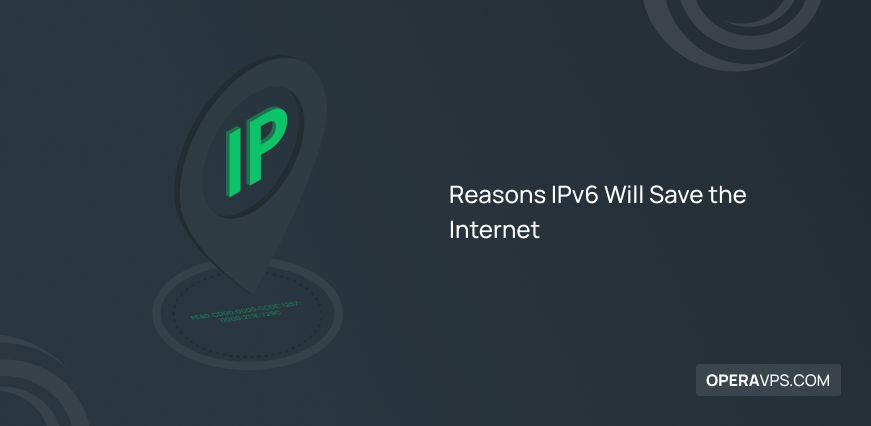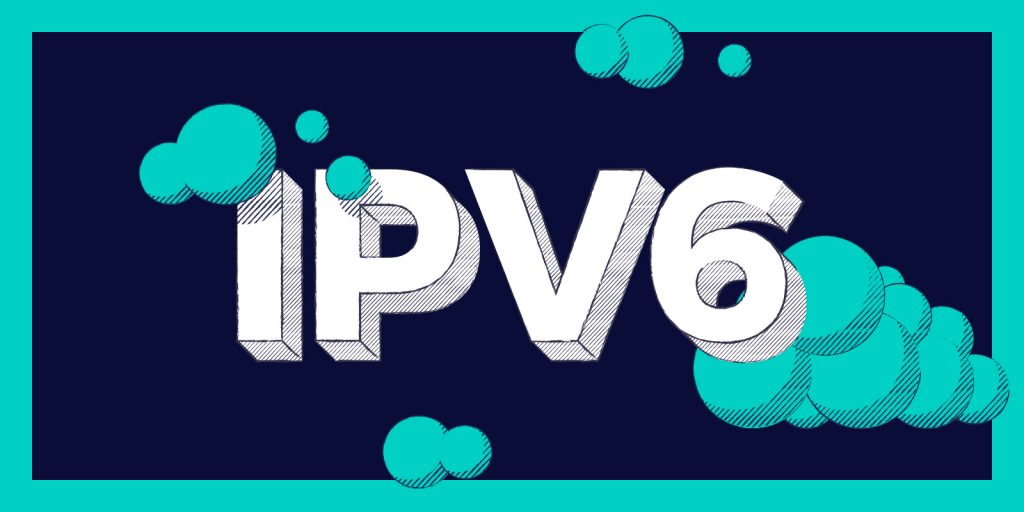
4 Reasons IPv6 Will Save the Internet
Whenever a new tool or technology is produced, no matter how good it is, after a while it should be replaced by its newer version. When we produce something, we think we have made the best thing, but after a while, we realize that this is not the case and we produce better tools. The world is nearing the end of IP addresses, or at least the IPv4 IP addresses that IT managers and most users are familiar with have reached the bottom of the line. Fortunately, the Internet Engineering Task Force (IETF) has added features to the current IPv4 protocol to solve the addressing problem in the future and has introduced IPv6 (Internet Protocol version 6), which provides a wide range of IPs in addition to more features.
Addressing In IPv6
In multicasting addressing, a packet is sent to multiple recipients. Using this feature reduces the bandwidth consumed within the network. How to address in IP ip Internet version 6 is 3:
- Unicast
- Anycast
- Multicast
What Are The IPV6 Advantages?
IPV6 is the newest type of IP and is naturally more advanced than its predecessor. This development is such that in addition to having to use IPV6, we have to use the word “Better“. The benefits of IPV6 are greater than IPV4 and we will use it in the not too distant future. Let’s look at the 4 advantages of IPV6 over IPV4.
Many More IPs
Unlike 32-bit IPv4 addressing, IPv6 addressing is done in 128-bit, resulting in more IPs being supported. Due to the growing number of Internet users and its prevalence, network specialists have realized the limitation of the number of IP addresses since the late 1980s. IPv6 allows billing of IP addresses, and each individual can have a large number of IPs for their devices and needs.
IPv4 allows 4.3 billion IP addresses, but currently, all communication devices, servers, home computers, laptops, cell phones, etc. are connected to the Internet, and each requires an IP address, as well as when the Internet Globalization quickly reached countries such as China and India, where large numbers of IPs were suddenly occupied.
Support And Compatibility With IPv4
IPv6 is compatible with IPv4, and various networks and hardware can be upgraded to IPv6 without any worries. In the near future, all IPv4 addresses will be completely converted to IPv6, and IPv6 will become the only Internet protocol. This change will take about a decade.

Higher Security
Who does not like to use a tool that enhances security without any hassle? IPv6 is designed with internal encryption and encryption. This feature is optional in IPv4, but this feature is mandatory with IPsec in IPv6, and each packet is encrypted in the network, making many attacks and problems of Internet malware impossible. Will be or at least will be much less.
Higher Efficiency
IPv6 has made changes to the way packets are sent and formed, resulting in greater efficiency and reduced packet loss. As a result, it increases the reliability and efficiency of the network. The efficiency of IPv6 in VoIP and video playback is significantly higher than IPv4.
Conclusion
According to Google, 22% of the world is using IPV6, and this number is 32% in the United States, and this number is likely to increase even more in the year 2021 and also in the near future when you buy RDP or services such as that, like VPS or VPN, you will receive IPv6 instead of IPv4.
What do you think about IPV6? Have you had the experience to use it?